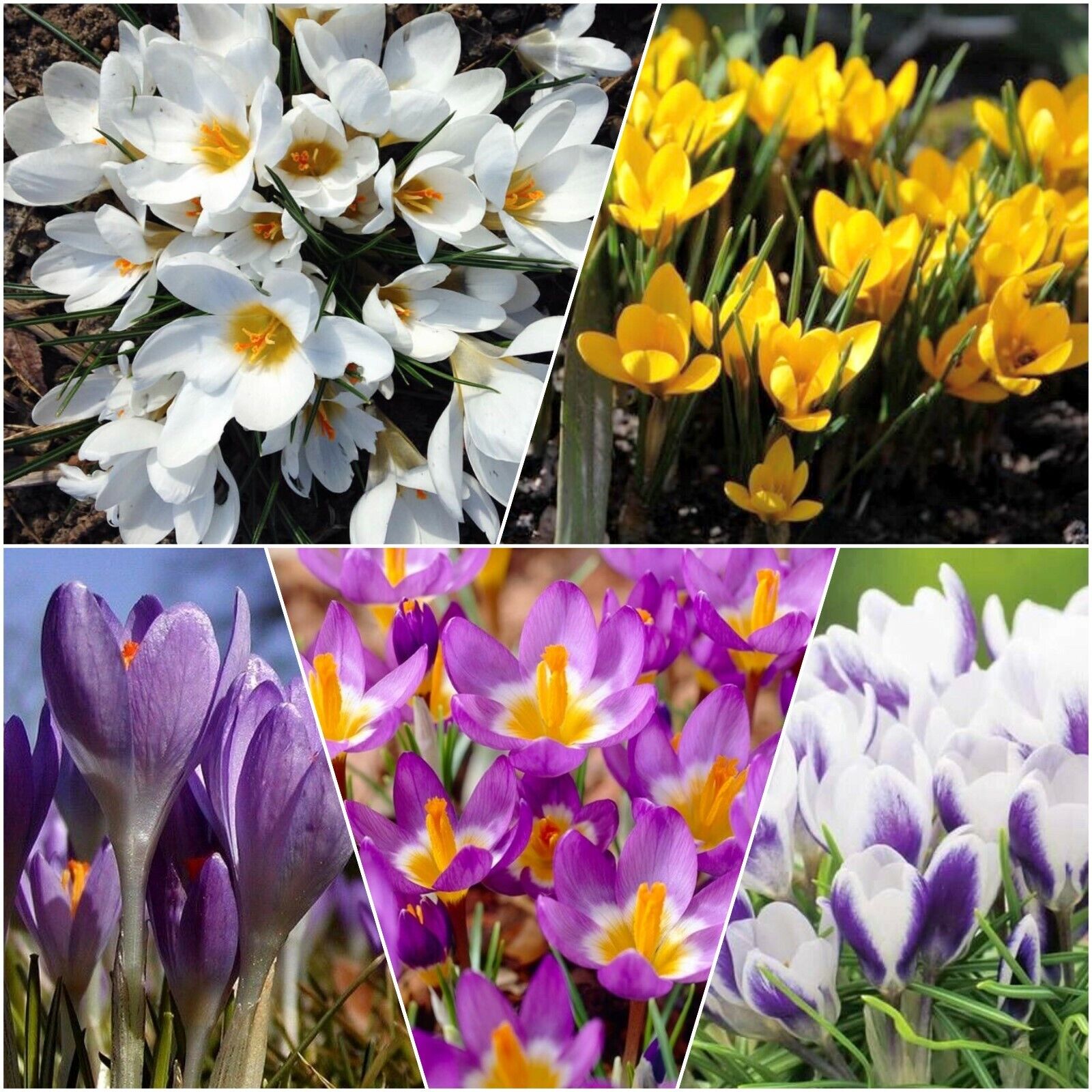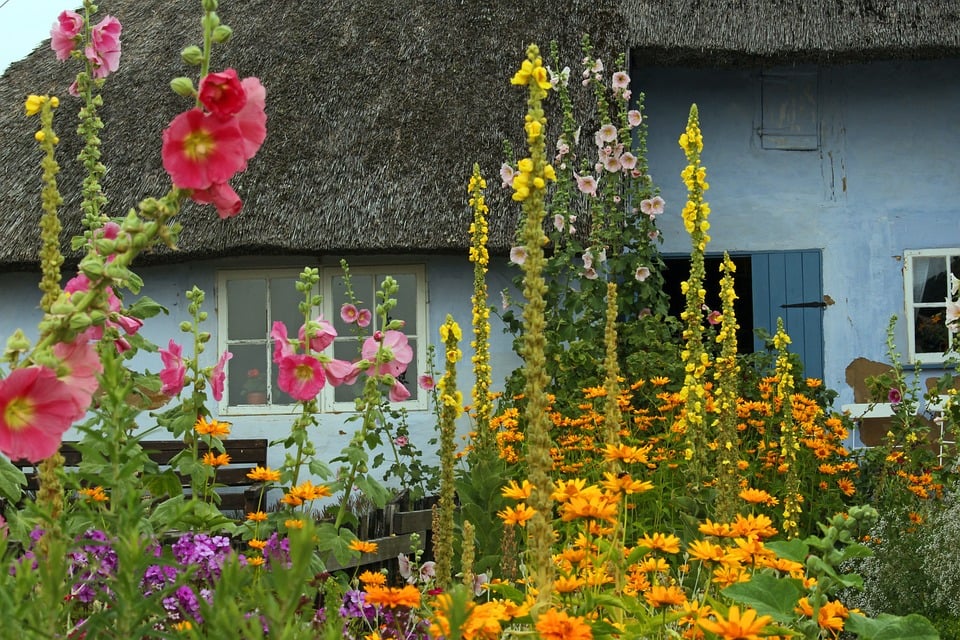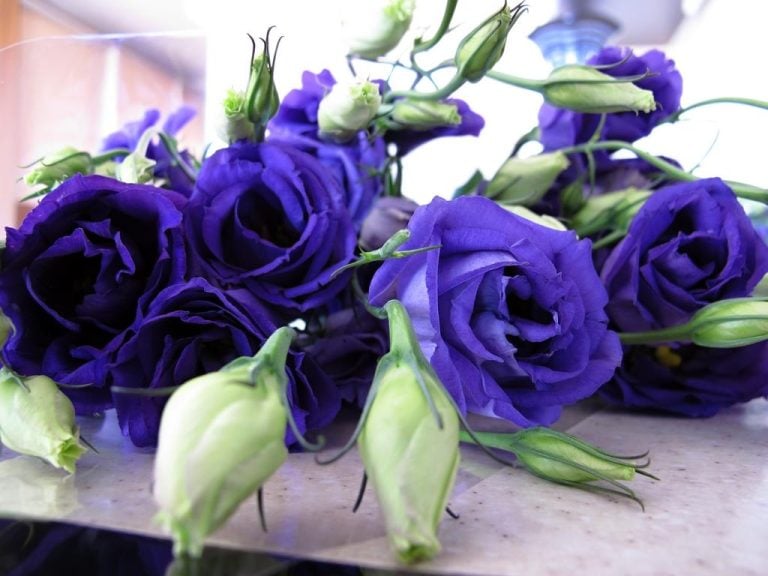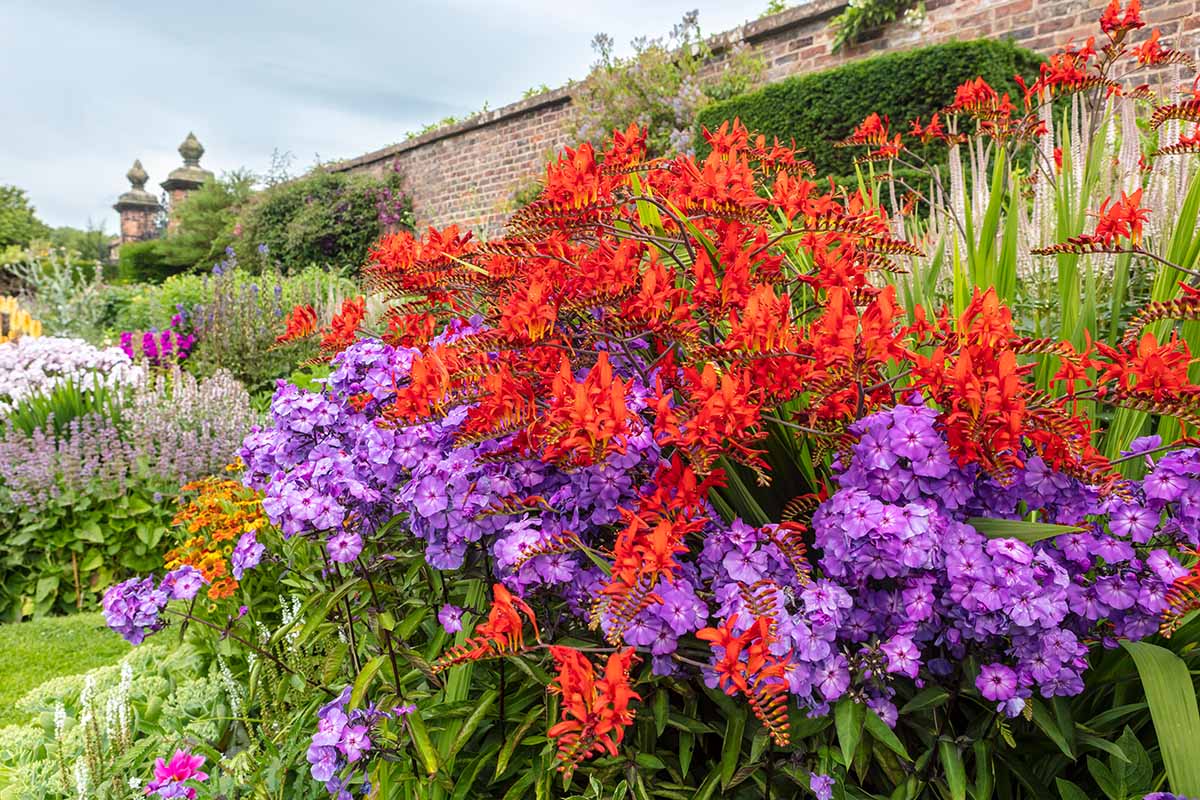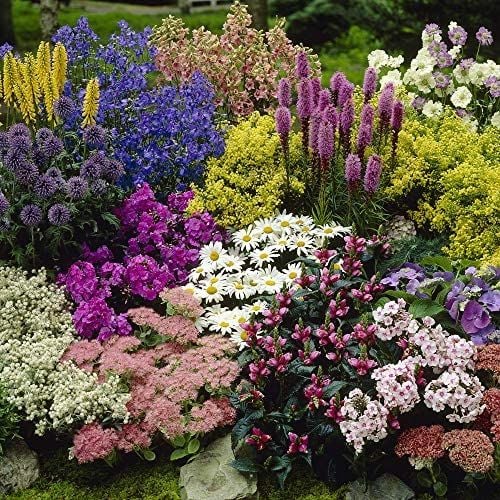Hazards of Growing Alstroemeria Around Pets
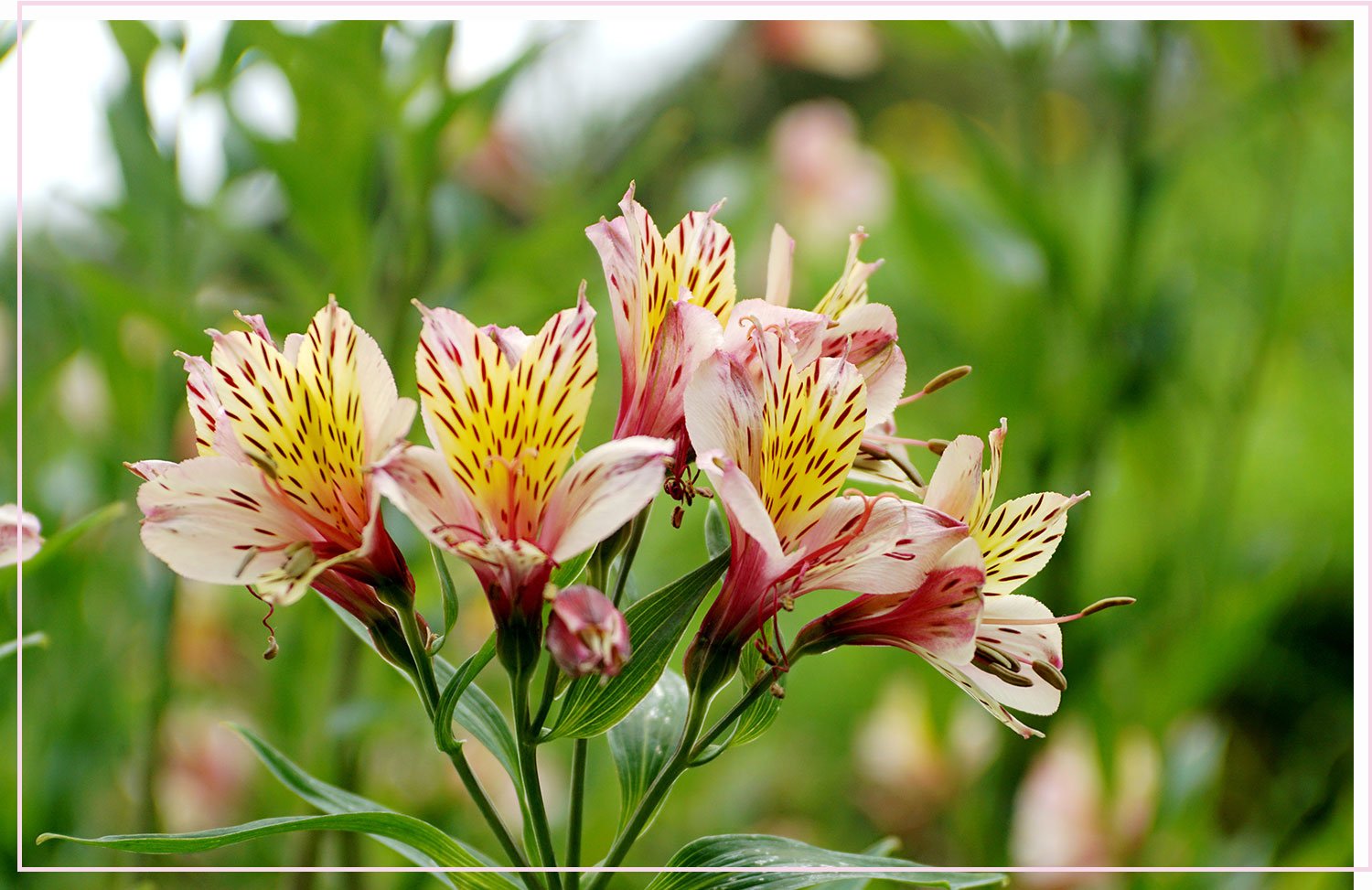
Table of Contents
Often considered a flower symbolic of long-lasting friendship and romance, Alstroemeria is one of the most beautiful flowering plants. However, it is not one of the most pet-friendly plants to be grown in the house. It is one of those lilies that can be hazardous but not fatal to your pets. There are numerous toxins that can make our furry friends fall ill if ingested in large quantities, which makes these plants potentially dangerous.
Although Alstroemeria is one of those lilies that is not fatal for a cat or a dog if ingested, coming in close contact with these flowers can harm certain parts of their bodies.
Read on to learn more about particular compounds that make alstroemeria problematic and dangerous if ingested by pets.
Chemical Compounds Found in Alstroemeria Considered Dangerous for Pets
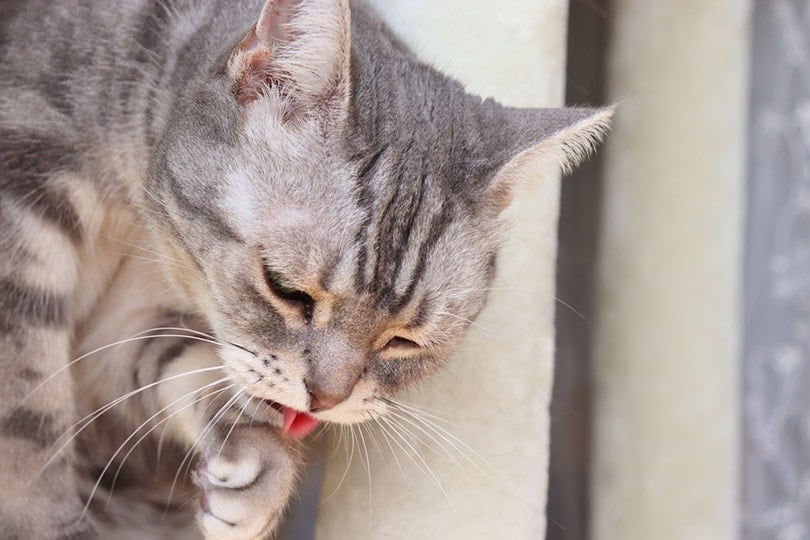
- Lactones: Pyrrolizidine alkaloids, a type of lactone, are considered to be harmful to animals. If consumed in large quantities, this irritating substance can damage the liver of cats and have a diverse effect on other parts of dogs.
- Saponins: When it comes to cats, all the components of the plant, including leaves, stems, and flowers, can prove to be harmful if not fatal. Upon ingesting a Peruvian lily, your dog might experience gastrointestinal issues such as vomiting and diarrhea.
- Tulapalin A: Another toxin found in Peruvian lilies is Tulapalin A, which can have a severe impact on the gut health of a cat. If consumed in huge quantities, it can lead to vomiting and diarrhea.
- Oxalates: These tiny needle-like crystals found in the tissues of the plant can cause your pet to drool and experience oral irritation, especially common among cats. Therefore, it is best to keep the plant away from a cat’s reach.
Symptoms of Alstroemeria Poisoning
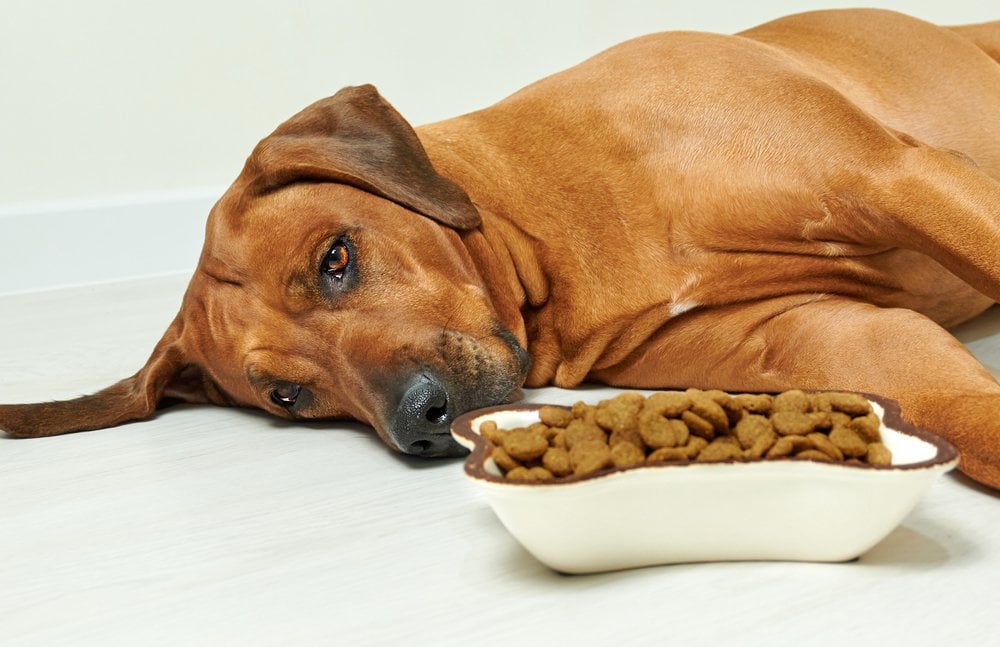
Some of the most common symptoms noticed among cats after having ingested Peruvian Lily are skin irritation, vomiting, and loss of appetite.
Some of the symptoms found in dogs who have consumed Peruvian Lily are hives, facial swelling, itchiness, runny eyes, vomiting, and diarrhea. Some dogs might also find it difficult to breathe after having any part of the Peruvian Lily flower.
Prevention and Measures to Mitigate the Effect of Alstroemeria Poisoning
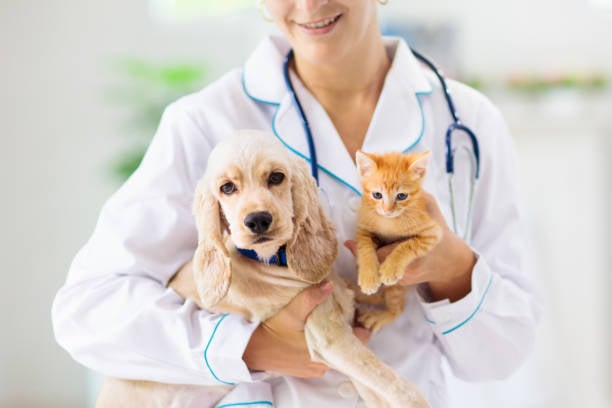
- Keep the Lilies Out of Reach: If your Peruvian lilies are growing in a pot, make sure that your pet cannot reach them easily. You can keep them at a certain height so that they are not accessible to your cats or dogs. If you want to have a section of Alstroemeria in your garden, make sure that it is behind a fence or in a space that your cat or dog cannot reach easily.
- Constant Supervision: Keep an eye on your pet at all times if you plan to keep Alstroemeria in your house, whether indoors or outdoors. Cats tend to be sneaky, so constantly monitoring their whereabouts is a must.
- Fast Action: If your pet has ingested a part of Alstroemeria, rush to the veterinary doctor immediately before the symptoms worsen. Immediate treatment is a must to prevent further damage to the organs.
- Avoid Growing Certain Flowers: Lavender, Easter Lily, Tiger Lily, Asiatic Lily, Chrysanthemum, Hyacinth, and Lily of the Valley are certain flowers that can be very harmful to a feline. Flowers like lavender contain linalool and linalyl acetate, which can permanently damage the liver of a cat if ingested.
- If you have a dog as a pet, make sure that flowers like Azlea, Daffodils, Sago palm, Tulips, and Foxglove, among others, are not in close proximity to them. These floral plants tend to be a part of flower arrangements, so make sure that they are kept at a safe distance from your pet.
Conclusion
Although Alstroemeria is a visually appealing and popular choice for floral arrangements, the presence of pets must be taken into account if you wish to grow these plants in your house. If ingested, compounds such as oxalates, saponins, and lactones can prove to be particularly harmful to dogs and cats and have a long-lasting impact on their organs. Therefore, make sure that you pet-proof your space so that your furry pets can have the time of their lives with you.
Let us know what you think about pet-proofing a space in the comments section below.
Frequently Asked Questions
Which Are Some of The Cat-Friendly Flowers?
Gerbera Daisies, Roses, Sunflowers, Orchids, Snap Dragons, and Freesias are some of the safest flowers that can be grown in a house where there is a cat as a pet.
Which are Some of The Dog-Friendly Flowers?
Spider plants, African Violet, Sword fern, Orchids, a few varieties of Palm trees, and herbs like Rosemary and basil can be safely grown by you if you have a pet dog in the house.


